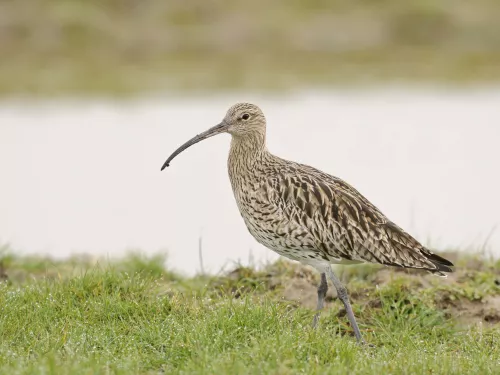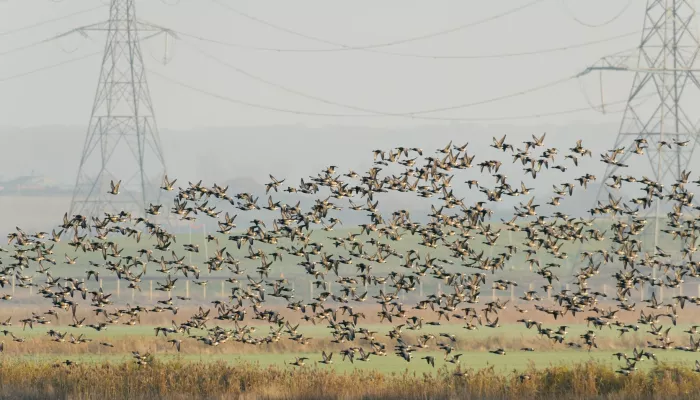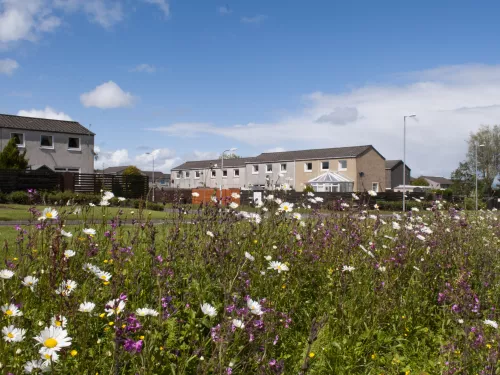
From curlews in the British uplands to negotiations in Colombia: why COP16 matters here in the UK
Tomorrow, COP16 - the global UN nature conference - gets underway in Cali, Colombia. But how does it relate to the UK and why should we be interested? Dr Rob Stoneman, director of landscape recovery for The Wildlife Trusts, shares why he believes it is a…



